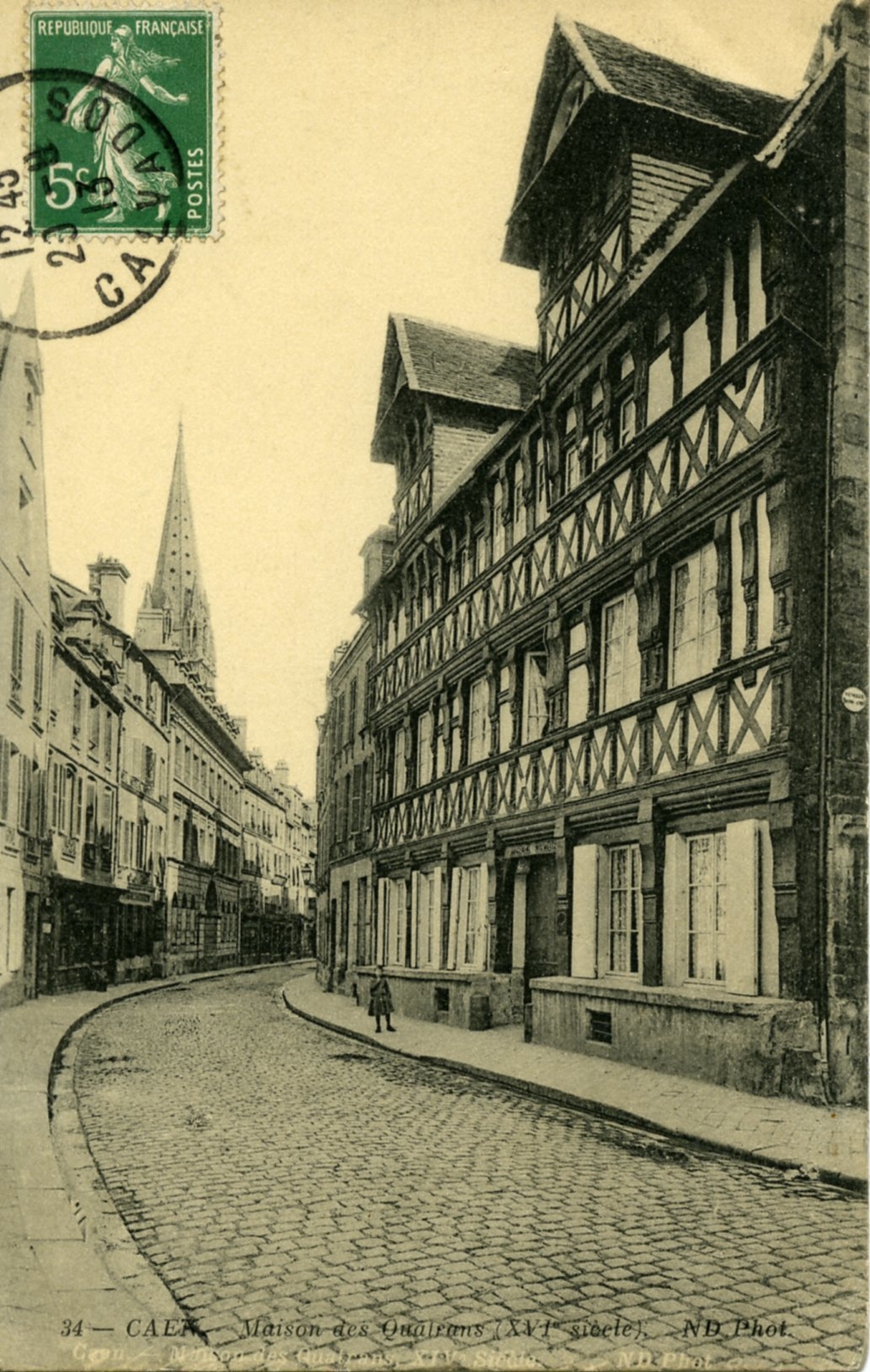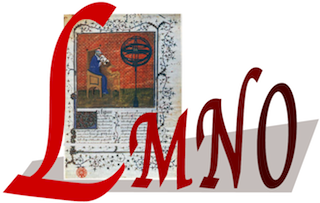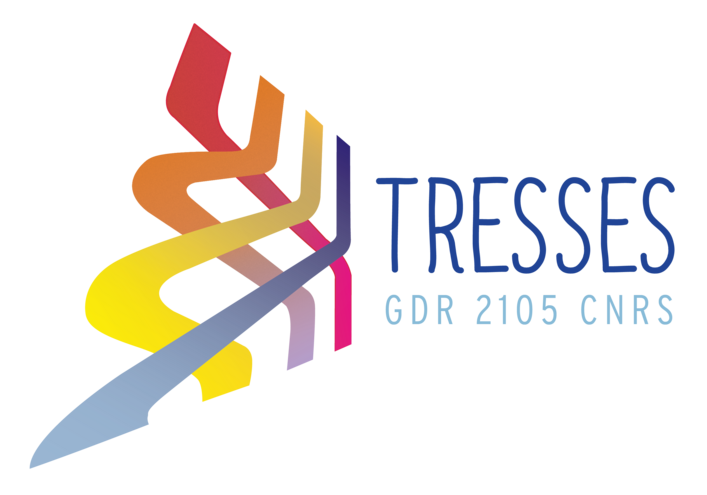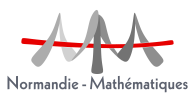Titles and abstracts
Adolfo Ballester-Bolinches: On Yang–Baxter Groups
A group is said to be an involutive Yang–Baxter group, or simply an IYB-group, if it is isomorphic to the permutation group of an involutive,
non-degenerate set-theoretic solution of the Yang–Baxter equation. In this paper, Yang–Baxter groups (YB-groups for short)
associated with not necessarily involutive non-degenerate set-theoretic solutions of the Yang–Baxter equation are introduced and studied.
Sufficient conditions for a group that can be factorised as a product of two YB-groups to be a YB-group are provided.
Some earlier results for finite IYB-groups are also generalised for arbitrary (non-necessarily finite) YB-groups.
Fabienne Chouraqui: The Yang–Baxter equation, braces and Thompson's group F
We define non-degenerate involutive partial solutions as an extension of non-degenerate involutive set-theoretical solutions of the quantum Yang–Baxter equation (QYBE). The induced operator
is not a classical solution of the QYBE, but rather a braiding operator as in conformal field theory. We define the structure inverse monoid of a non-degenerate involutive partial solution
and prove that if the partial solution is square-free, then it embeds into the restricted product of a commutative inverse monoid and an inverse symmetric monoid. Furthermore, we show that
there is a connection between partial solutions and the Thompson's group F. This raises the question of whether there are further connections between partial solutions and Thompson's groups
in general.
Beamer
Edouard Feingesicht: An introduction to Coxeter-like groups
This talk aim at explaining how structure groups of solutions of the Yang–Baxter equation admit a quotient that plays the same role as Coxeter groups
do for Artin–Tits groups. To do so, we will begin by introducing the basic definitions of Garside monoids and of structure groups of solutions of
the Yang–Baxter equation. We will then give an overview of approaches such as cycle sets or I-structures.
Přemysl Jedlička: Involutive solutions of the Yang–Baxter equation of multipermutation level 2 and their permutation groups
In this talk we focus on involutive solutions of the Yang–Baxter equation of multipermutation level 2.
They fall into 2 classes: most of the solutions are self-distributive; they are decomposable into Lyubashenko's solutions,
they have abelian permutation groups and they can be obtained by a combinatorial construction from a set of abelian groups and a matrix.
A more interesting class is formed by those that are not self-distributive since the class contains all the decomposable solutions of
multipermutation level 2. We give some examples of them and we show some properties of their permutation groups.
Beamer
Leandro Vendramin: Left-ordered groups, Garside groups and structure groups of solutions
We will discuss several properties of structure groups of solutions to the YBE. For example: When are these groups Garside or left-ordered?
When are these groups diffuse? When do they have the unique product property?
What can be said about Kaplansky's problems on group algebras over structure groups of solutions?
Regarding these and similar questions, we will present results (and maybe even short proofs), examples and open problems.




